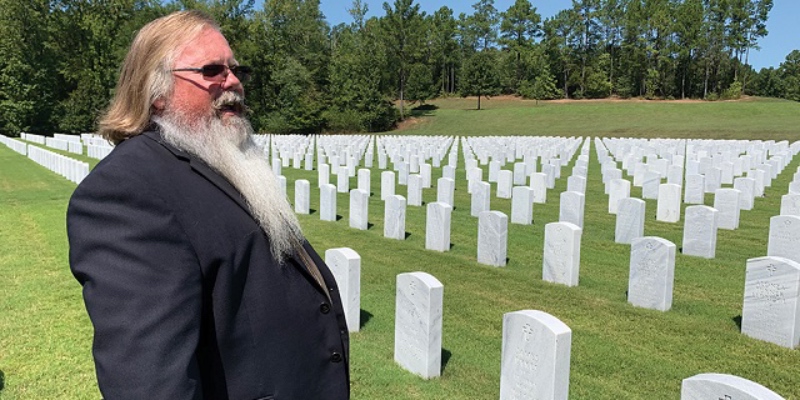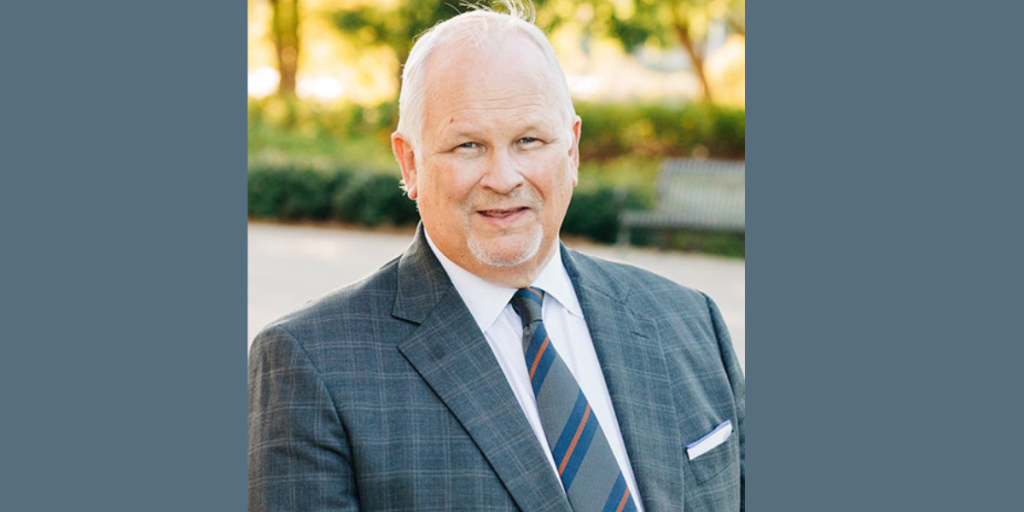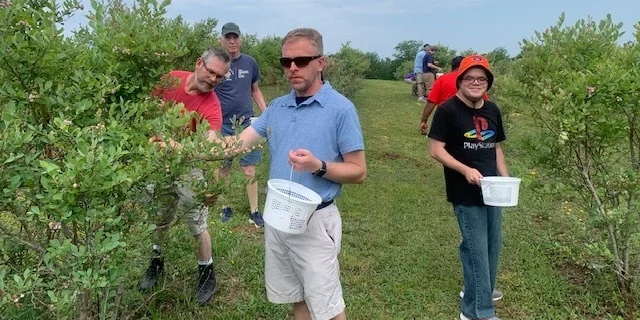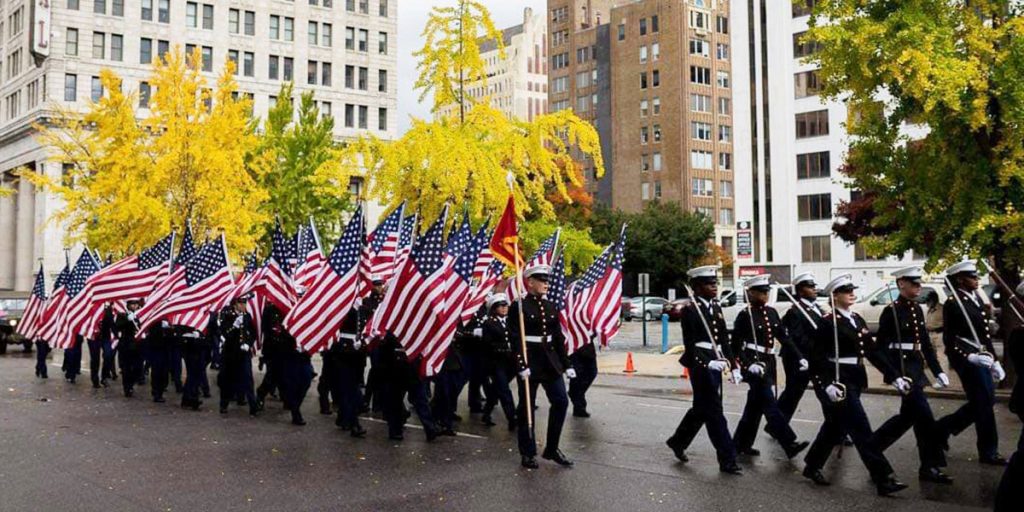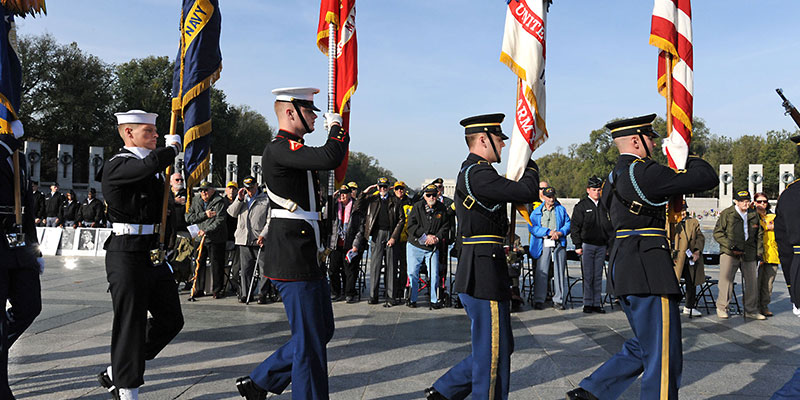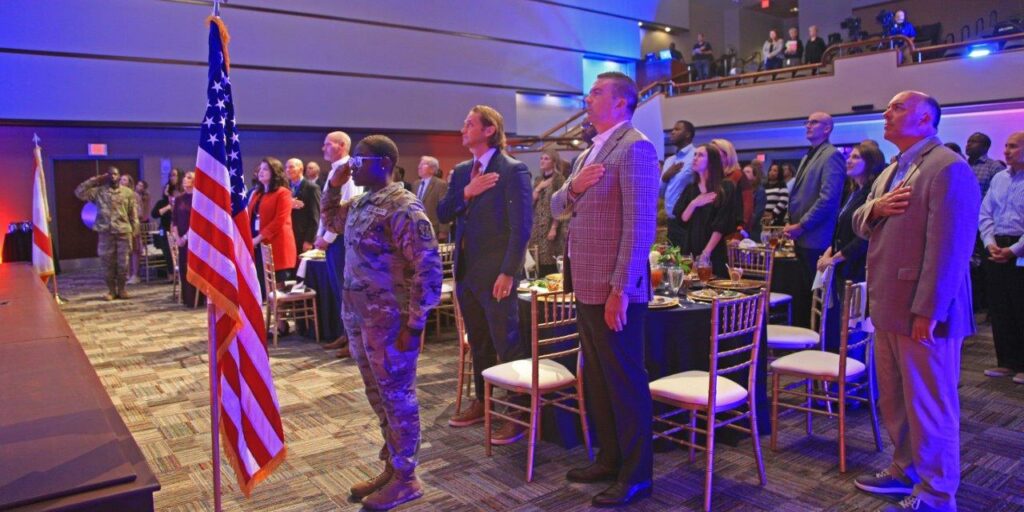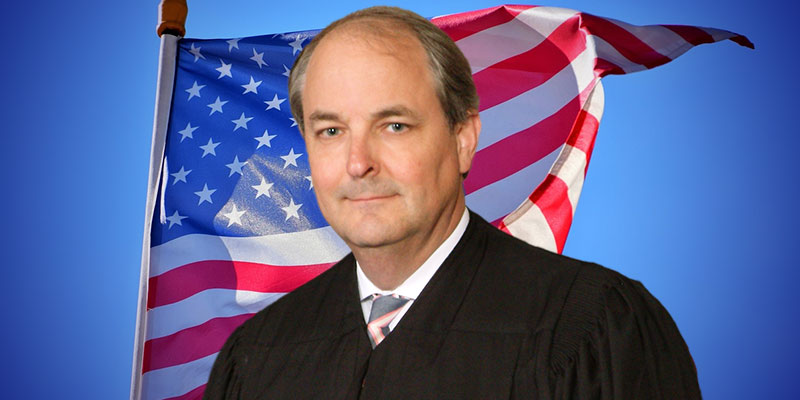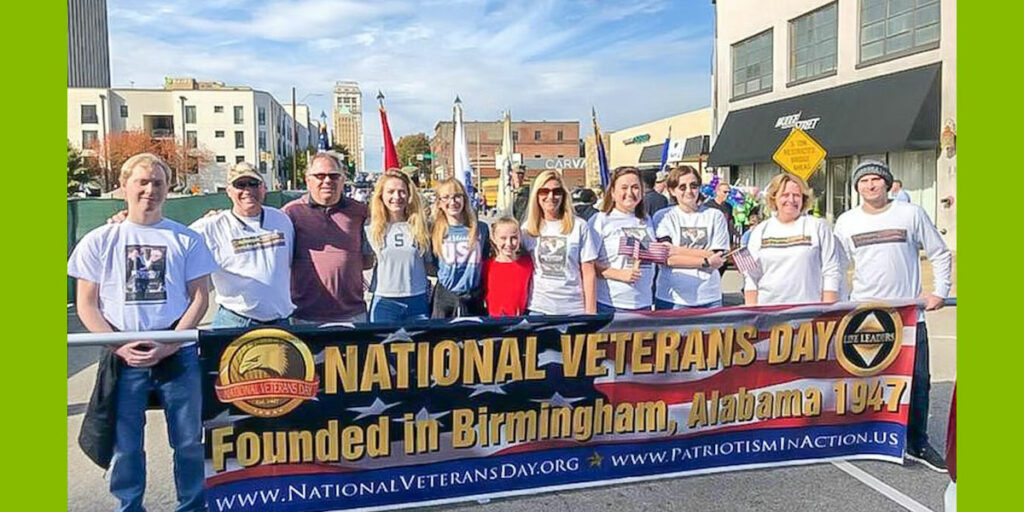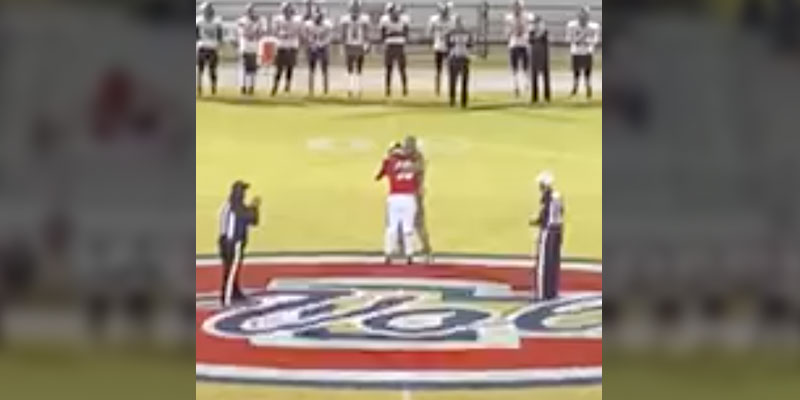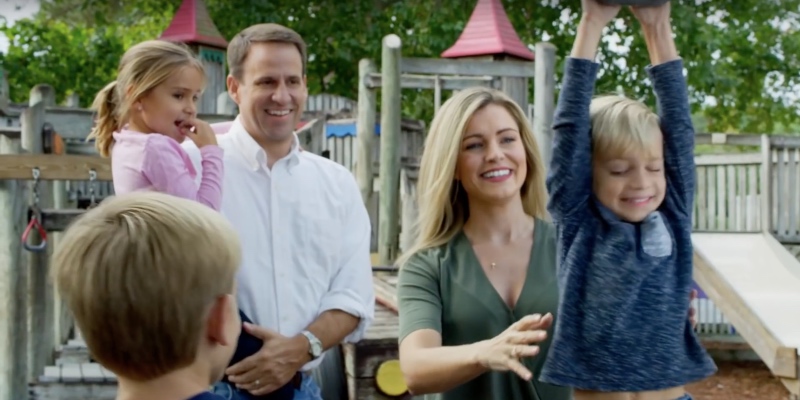Like soldiers at attention, battalions of white markers stretch out across the fields in perfect formation.
Below them are soldiers, sailors, marines and airmen. They are compatriots linked by more than common soil. Some died in service; many others survived the decades before finally falling to old age. All sacrificed.
Alabama has four cemeteries dedicated to the men and women who have worn American military uniforms. They are shrines and places of reflection to the people who fought at places like Chateau-Thierry, Iwo Jima, Normandy, Incheon, Saigon, Baghdad and Kabul.
The U.S. Department of Veterans Affairs oversees Alabama National Cemetery in Montevallo and Fort Mitchell National Cemetery near Phenix City. The Alabama Department of Veterans Affairs manages cemeteries under the same VA regulations in Spanish Fort and Mobile, although the one in Mobile is at capacity and open only to surviving spouses.
Burials and headstones at all the cemeteries are free for the veteran, spouse and dependent children. That includes in-ground casket or cremation burials or in a columbarium for urns containing cremated remains.
“Everything from the gate to the headstone is free. That saves a family anywhere from $3,000 to $8,000 at a minimum,” said Todd Newkirk, assistant director at Fort Mitchell and interim director at Alabama National.
Newkirk, scanning the pristine grounds of Alabama National, believes there is a more plausible explanation why service members choose to call a veterans cemetery their final resting place.
“You are among your brothers and sisters at arms,” Newkirk said. “You are a veteran, and this is a place that honors veterans 24/7. And as long as there is a United States of America, this place is going to be taken care of. People are going to be here every day, all day, taking care of the cemetery.”
Reminders of sacrifice
Air Force Lt. Col. Kenneth Bourland was the first active-duty serviceman to be buried at Alabama National, which was dedicated in 2008. The Birmingham native, who flew helicopter missions in Iraq, died in February 2010 when the hotel where he was staying during a humanitarian mission in Haiti collapsed during an earthquake. Bourland was survived by his wife and two sons, then ages 3 and 1.
“Our daughter-in-law was the one that made the decision whether he would be buried at Arlington National Cemetery (near Washington, D.C.) or here,” said Bourland’s mother, Adrienne Bourland. “I am very glad she made the choice for him to come back to Alabama. It has allowed us be involved in the ceremonies and the activities.”
Adrienne Bourland and her husband live in St. Clair County and are members of a volunteer support staff that helps conduct special ceremonies at the cemetery on veterans and memorial holidays. Kenneth Bourland’s family has moved back to the Birmingham area from Florida, where they were living at the time of his death.
Alabama cemetery headstones, carved from Sylacauga marble, include a person’s name, rank, branch of service, date of birth and death, and a symbol of religion.
“The last two or three spaces are for an optional inscription that the next of kin is able to select,” Newkirk said. “They can put whatever they want on those lines as long as it is appropriate.”
‘I see America here’
Fort Mitchell National was established 31 years ago at the urging of U.S. Rep. Bill Nichols and state Sen. Joseph Smith of Phenix City, both of whom contended that Alabama deserved a national cemetery. Their argument was fortified by Fort Benning, Georgia, being just across the Chattahoochee River from Alabama.
“Joseph Smith was actually the first person buried here,” Newkirk said. “He actually died before it opened, and his wife had him disinterred (from another cemetery) and reinterred here.”
Alabama National and Alabama State Veterans Memorial Cemetery were created in 2008 and 2012, respectively, to meet the burial needs of World War II and Korean War veterans.
All three cemeteries adjoin historical grounds. Alabama National is adjacent to American Village, an educational facility that contains replicas of historical structures. Fort Mitchell National Cemetery abuts a replica of the early American outpost and link to the Federal Road that opened Alabama to settlers. The Alabama State Veterans Memorial Cemetery is near Fort Blakely, which was the site of the largest Civil War battle in Alabama.
Each cemetery conducts commemorative ceremonies on Memorial Day and Veterans Day, and many volunteers lay wreaths on the headstones at Christmas. Those ceremonies are generally conducted by support committees, veteran groups and Scouts.
Newkirk, however, said he can’t help but reflect on the sacrifices of those entombed every time he drives in the cemetery entrance.
“This is the best job I ever had in my life,” he said. “I did 21 years active duty in the Air Force and 15 years as a civilian in the Army, and so it is special to me. I see America here. I see my brother and sisters. It’s just an honor to be here.”
This story originally appeared in Alabama Living magazine.
(Courtesy of Alabama NewsCenter)




